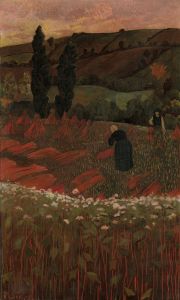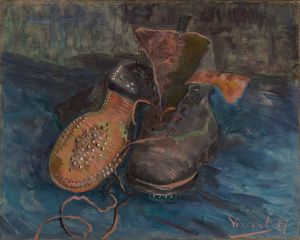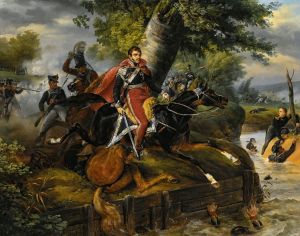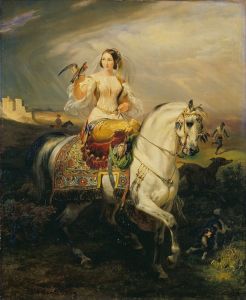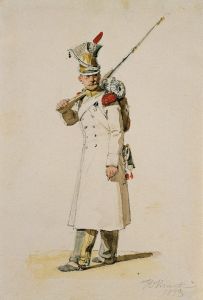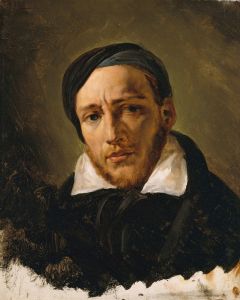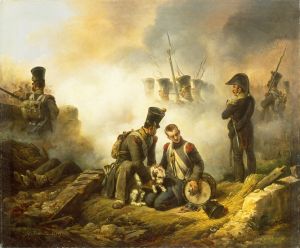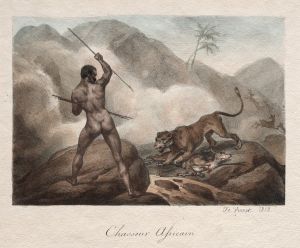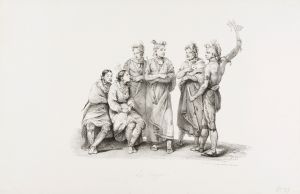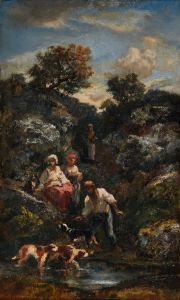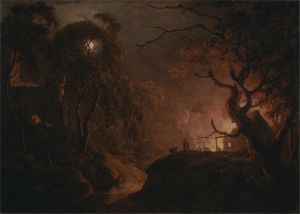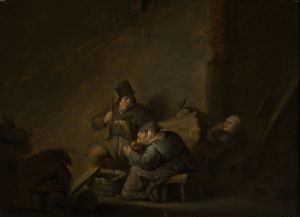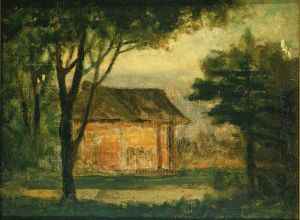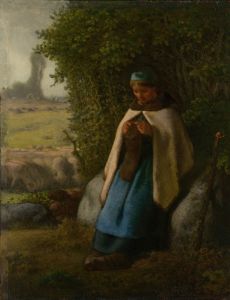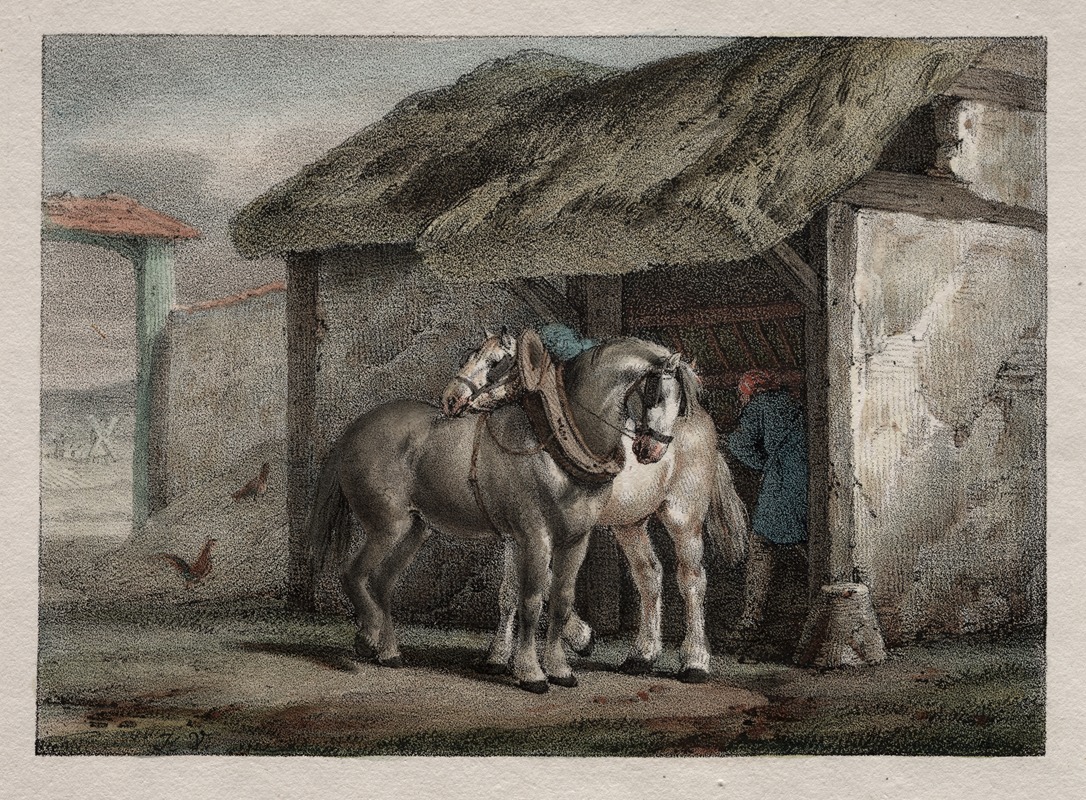
Farm Horse
A hand-painted replica of Horace Vernet’s masterpiece Farm Horse, meticulously crafted by professional artists to capture the true essence of the original. Each piece is created with museum-quality canvas and rare mineral pigments, carefully painted by experienced artists with delicate brushstrokes and rich, layered colors to perfectly recreate the texture of the original artwork. Unlike machine-printed reproductions, this hand-painted version brings the painting to life, infused with the artist’s emotions and skill in every stroke. Whether for personal collection or home decoration, it instantly elevates the artistic atmosphere of any space.
"Farm Horse" is a painting by the French artist Horace Vernet, who was born on June 30, 1789, and died on January 17, 1863. Vernet was a prominent painter known for his works that often depicted military scenes, historical events, and animal subjects. He came from a family of artists; his father, Carle Vernet, and his grandfather, Claude Joseph Vernet, were also notable painters.
The painting "Farm Horse" is an example of Vernet's skill in capturing the essence and character of animals, a subject he frequently explored throughout his career. While Vernet is primarily celebrated for his dynamic battle scenes and historical compositions, his animal paintings, such as "Farm Horse," demonstrate his versatility and keen observational skills.
"Farm Horse" portrays a horse in a rural setting, reflecting the everyday life and agricultural practices of the time. Vernet's attention to detail and his ability to render the textures of the horse's coat, the landscape, and other elements in the painting showcase his technical proficiency and deep understanding of his subjects. The horse is depicted with a sense of realism and vitality, emphasizing Vernet's ability to bring his subjects to life on canvas.
Horace Vernet's works were highly regarded during his lifetime, and he enjoyed considerable success and recognition. He received numerous commissions from the French government and was appointed as the director of the French Academy in Rome from 1829 to 1835. Vernet's paintings were exhibited at the Paris Salon, where they were well-received by both critics and the public.
"Farm Horse" fits within the broader context of Vernet's oeuvre, which often celebrated the heroism and nobility of both human and animal subjects. His ability to convey the strength and dignity of the farm horse aligns with his overall artistic vision, which frequently highlighted themes of courage, resilience, and the beauty of the natural world.
While specific details about the provenance and current location of "Farm Horse" may not be readily available, the painting remains an important part of Vernet's body of work. It exemplifies his talent for capturing the spirit of his subjects and his contribution to the genre of animal painting.
In summary, "Farm Horse" by Horace Vernet is a testament to the artist's skill and versatility. It reflects his ability to depict animals with realism and sensitivity, contributing to his reputation as one of the leading painters of his time. Vernet's legacy continues to be celebrated for his diverse range of subjects and his mastery of various artistic techniques.





